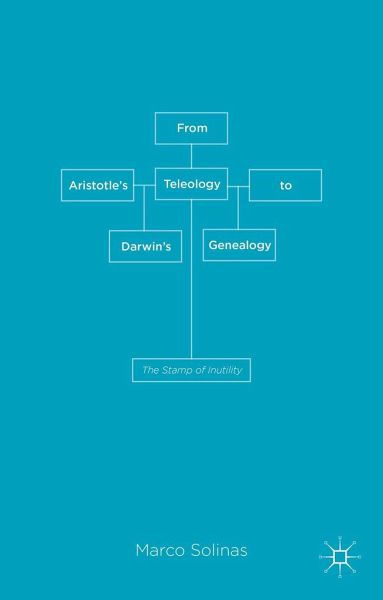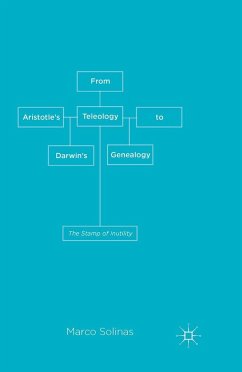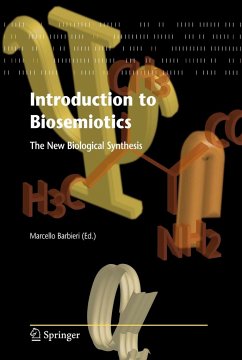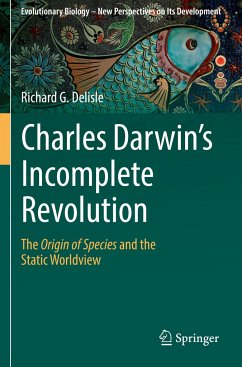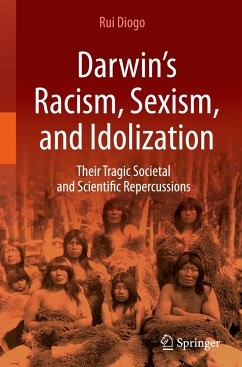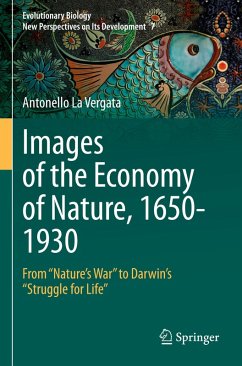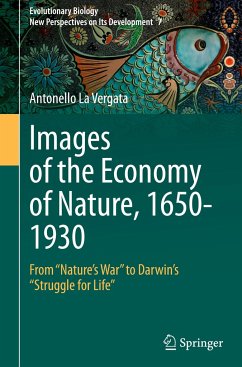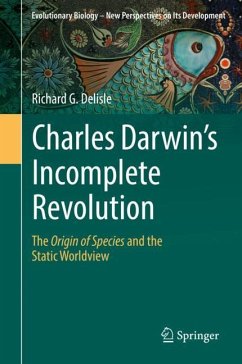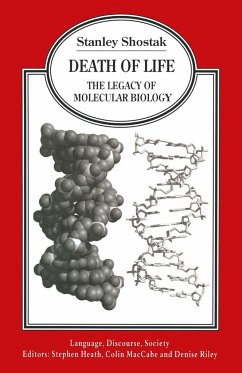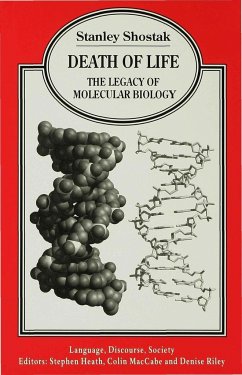"Solinas has written a concise, penetrating study of the philosophical underpinnings of natural history in Europe from Aristotle through Darwin. And he offers a perceptive analysis of how it was that history came to be fundamental to our understanding of the living world." (Greg Priest, ISIS, Vol. 108 (04), December, 2017)
"It offers a bird's eye view of this long period, focusing on three philosophical pillars sustaining Aristotle's conception of natural world: fixism, essentialism, and teleology. ... this book presents a didactic union between historic and philosophic approaches that will be of interest to biologists, historians, philosophers, psychologists, anthropologists, and general public. ... the book makes a substantialcontribution to connecting history, philosophy, and the psychology of evolutionary thinking." (Marco A. C. Varella, Human Ethology Bulletin, Vol. 31 (2), 2016)
"The translation is excellent and keeps the deep meanings and the fine taste of the dense prose of the young Italian philosopher. ... the book is a very important contribution to the understanding of the roots of many modern biological discussions, offering a thoughtful reinterpretation of the movement, plenty of dense theoretical and philosophical consequences, from a figure of static nature seen as perfect and plenty of useful adaptations towards imperfections and inutilities of an ever-changing world." (Nelio Bizzo, Medicina & Storia, Vol. 15 (8), 2015)
